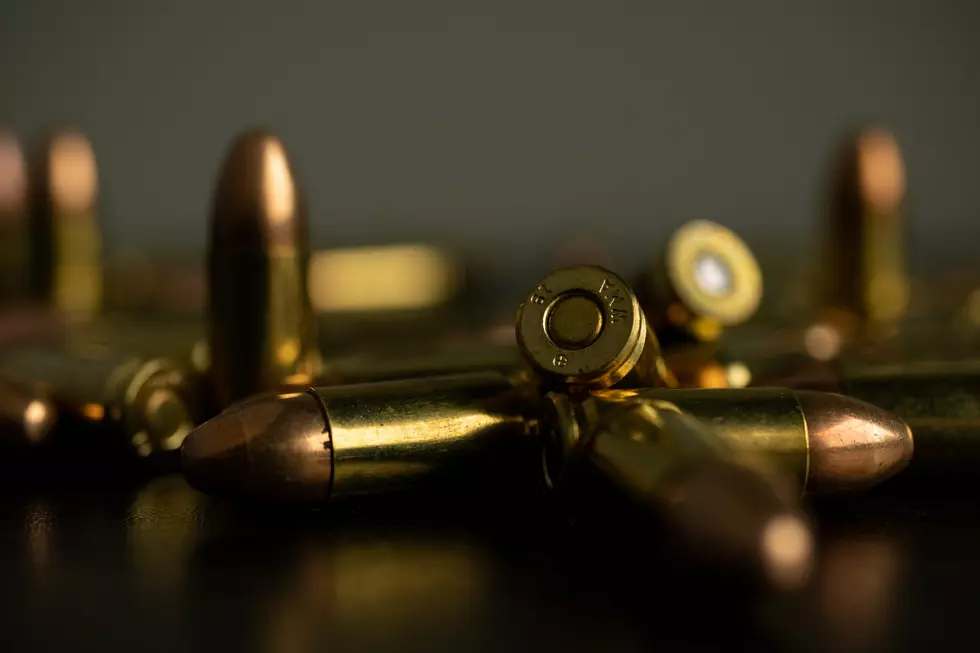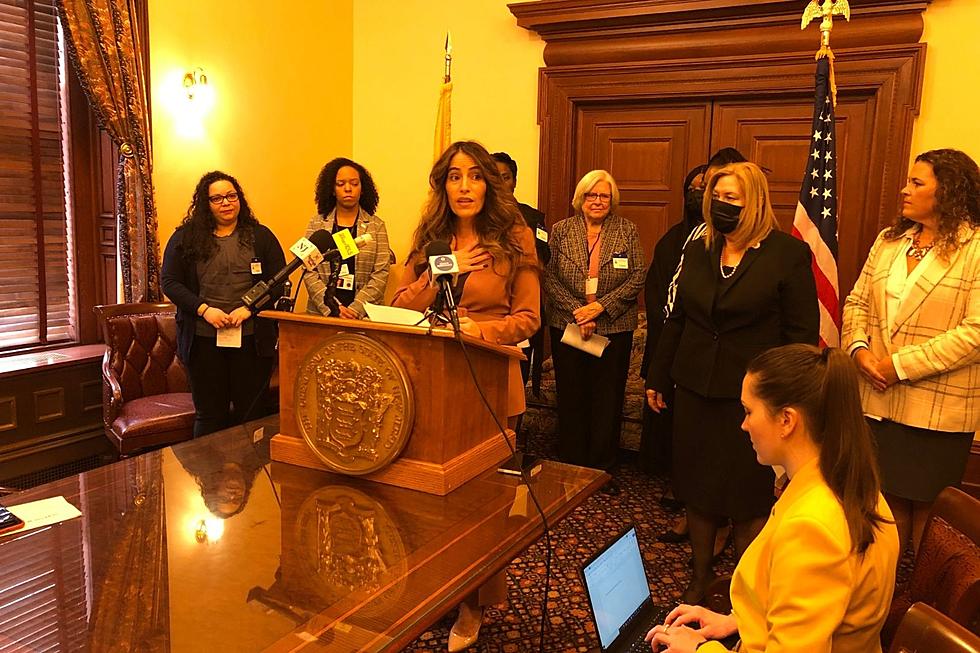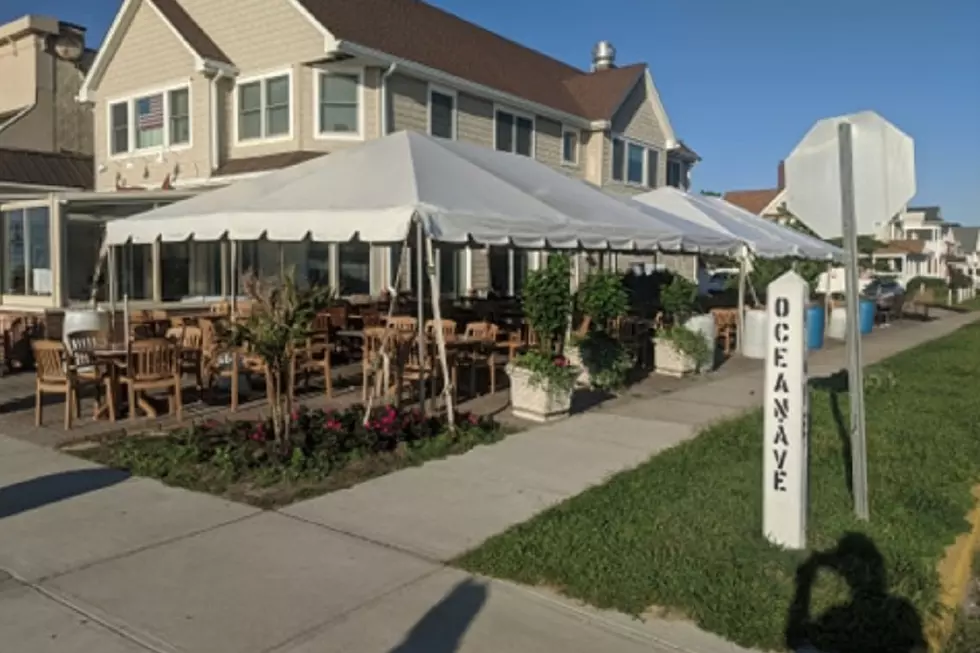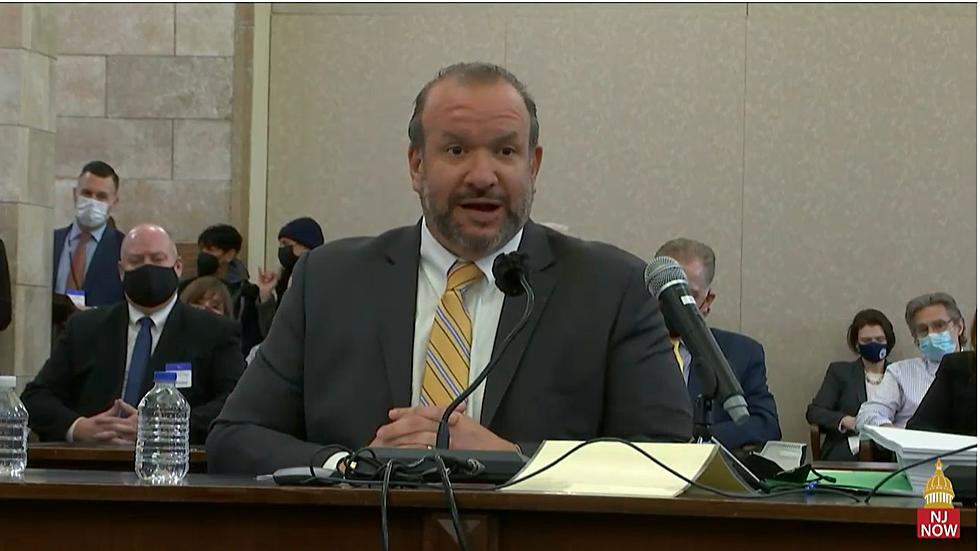
Lawmakers look to mandate lead tests in NJ schools
State lawmakers are pushing to require all schools in New Jersey to test their water for lead — then provide an alternative drinking water supply if levels are elevated.
They’re looking to provide $3 million to reimburse schools for the tests, plus set aside $20 million to reimburse schools for water filters if they have lead pipes or fixtures. The results would also help officials understand just how expensive it would be to replace aging pipes that are contaminating drinking water.
“Let’s identify the problem, shut it down as far as kids drinking lead-contaminated water, and then we have to come up with a game plan to deal with the real issue, which is the infrastructure,” said Senate President Stephen Sweeney, D-Gloucester.
“Thank God it’s not our water source, it’s the pipes,” said Sen. Ronald Rice, D-Essex, “but it’s going to take a lot of effort and money long-term.”
Schools in Camden have been using bottled water for nearly 15 years because of high lead levels. In Newark, nearly half the schools, 30 of 67, have been found to elevated levels of lead in their water. At least a dozen other New Jersey schools have discovered they have unsafe levels of lead in their water, too.
Those tests aren’t required statewide, to the surprise of lawmakers.
“My attitude initially was: OK, who’s supposed to go in there and check these filters and things of that magnitude?” said Rice, who is from Newark. “And I’m told that there’s no law that mandates pretty much anything. And I’m saying: You’ve got to be kidding me.”
A database published this month by USA Today, which analyzed the Environmental Protection Agency data, shows elevated lead levels of at least 15 parts per billion had been detected at 12 schools in New Jersey since 2012.
- Conley Elementary School in Bethlehem Township, Hunterdon County
- Black River Middle School in Chester Township, Morris County
- One Love Daycare and Preschool in Egg Harbor Township, Atlantic County
- Upper Township Middle School in Cape May County
- Collings Lake Elementary School in Buena Vista Township, Atlantic County
- Newcomb Middle School in Pemberton Township, Burlington County
- East Amwell School in Hunterdon County
- Lawrenceville School in Lawrenceville, Mercer County
- Princeton Friends School in Princeton, Mercer County
- Jefferson Township High School in Morris County
- Upper Greenwood Lake Elementary School in West Milford, Passaic County
- Alloway Township Elementary School in Salem County
“It’s statewide,” Sweeney said. “It’s north, south, central. It’s not restricted to Newark.”
Lead can cause a variety of neurological and other health problems, even death if levels are high enough. The number of children in New Jersey found to be impacted by lead poisoning is lower than it was years ago, but still close to 1,000 children under 17 were found with elevated levels of lead in their blood last year.
“Lead poisoning can lead to long-term cognitive disorders that if we don’t proactively approach them today will cost the state of New Jersey and our families and our students’ health in the long-term outcomes,” said Sen. Teresa Ruiz, D-Essex.
The bill would require every public school to immediately test their drinking water for lead. In the future, schools would have to test twice a year – within 30 days before the school year begins, then again six months later. Parents, guardians and the state would have to be notified of test results.
Schools that detect a high level of lead would have to take immediate steps to provide an alternate drinking water supply.
School administrators would have to identify to the state each school that contains lead pipes, lead solder or lead fixtures and install a water treatment device certified to remove lead on water fountains and cafeteria sinks.
Lawmakers propose to provide the Department of Education $3 million to reimburse schools for the tests and $20 million from the Board of Public Utility’s Clean Energy Fund to reimburse them for water filters.
Sen. Christopher “Kip” Bateman, R-Somerset, on March 9 had announced he would seek to use $20 million from the Clean Energy Fund for lead abatement programs.
Though the bill’s synopsis says it would apply to public schools, and a news release talks about reimbursing school districts, Sweeney said it would apply to charter schools – which are public schools not operated by a traditional district – and non-public schools, as well.
“I’ll clarify that. We want all schools,” Sweeney said. “Anywhere where there’s children going to school, we want to make sure that the water’s safe for them. It shouldn’t be different because you go to a Catholic school or a Jewish school or a charter school.”
A proposal in the Assembly calling for water testing at schools specifically includes non-public schools.
Michael Symons has covered the Statehouse since 2000. He can be reached at michael.symons@townsquaremedia.com or @MichaelSymons_ on Twitter.
More From New Jersey 101.5 FM









